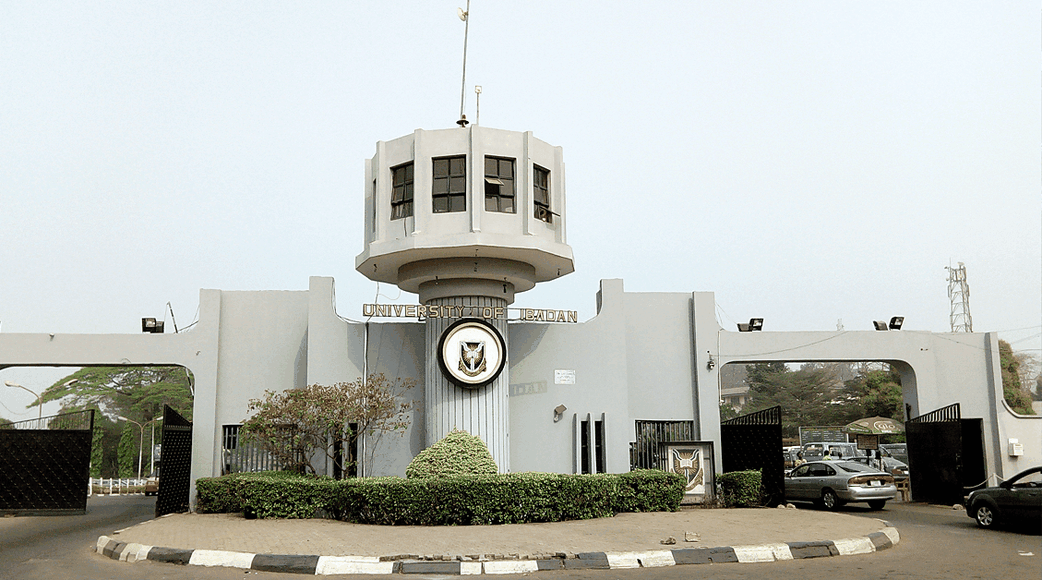LIFESTYLE

THE 5 OLDEST HIGHER EDUCATION INSTITUTIONS IN NIGERIA
Nigeria's first tertiary institutions were founded to address the growing need for higher education and technical training.
These trailblazing institutions set the foundation for today’s universities and polytechnics, shaping the first generations of scholars, engineers, and administrators.
From the pioneering technical college in Yaba to the first University College in Ibadan, each institution marks a significant milestone in Nigeria’s educational journey.
The five oldest higher institutions opened the door for a vast network of universities and colleges, which now serve millions of students across the country.
1. Yaba College of Technology (established 1947)
Founded as Nigeria’s first technical college, Yaba Tech began with vocational courses in engineering, forestry and building trades. Its early certificate programs trained mechanics, masons and carpenters needed for postwar reconstruction.
Over the decades it expanded into diploma and degree-award programs in applied sciences, technology and the arts.
The campus introduced Nigeria’s first Polytechnic Council in 1964 and remains the country’s largest technical institution, supplying industry with skilled technicians and technologists.
2. University College Ibadan (established 1948)
University College Ibadan opened as an affiliate of the University of London, offering specialised teaching and research in arts, sciences and medicine. It admitted its inaugural class of 89 students and conferred University of London degrees.
With the 1962 granting of full university status, it became the University of Ibadan, Nigeria’s oldest degree-awarding university.
Its early faculty, drawn from Europe and West Africa, laid foundations for distinguished departments in literature, biochemistry and social sciences.
)
3. Nigerian College of Arts, Science and Technology, Zaria (established 1954)
Set up under colonial government reform, this college provided post-secondary training in agriculture, home economics, science and education. It filled gaps between secondary schools and universities by offering diplomas and preparatory courses.
In 1962, it was re-organised as Ahmadu Bello University, expanding into full degree programs in engineering, law, medicine and the humanities. Its original mandate to bridge academic and professional training endures in ABU’s diverse course offerings.
4. University of Nigeria, Nsukka (established 1960)
Conceived by Nigeria’s first president to foster autonomy and national unity, UNN became the country’s first indigenous university.
Its curriculum emphasised science and technology alongside liberal arts, with early departments in physics, agriculture and mass communication.
UNN pioneered distance learning in the 1970s and opened public-service centres in health, agricultural extension and engineering consultancy, reinforcing its role as a hub for community development.
5. University of Ife (established 1961)
Now known as Obafemi Awolowo University, this institution started with a small group of students in law and liberal arts. Created to serve Western Nigeria, it placed a strong emphasis on social science research that addressed regional needs.
In the 1970s, the university expanded to include innovative programs in environmental design, biological sciences, and medical training.
OAU's early focus on community health and rural development led to the creation of mobile clinics and agricultural outreach programs, which influenced nationwide policy.
These pioneering institutions launched Nigeria’s tertiary education system, setting lasting standards in teaching, research, and community involvement, while inspiring the growth of a diverse and vibrant higher education landscape that continues to shape the nation's future.
"This represents a significant development in our ongoing coverage of current events."— Editorial Board









